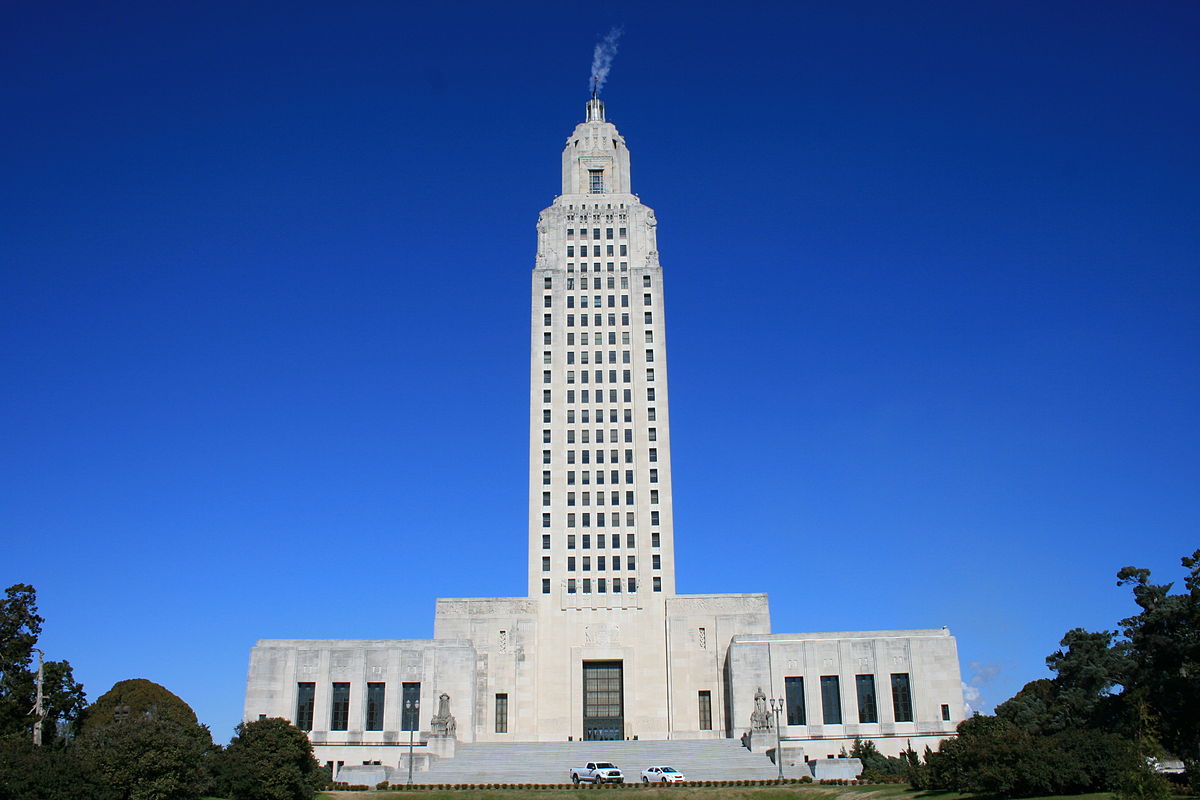Earlier this month, Florida Governor Ron DeSantis signed into law a bill that prevents Chinese foreign nationals – as well as nationals from Russia, Iran, Venezuela, Cuba, and North Korea – from buying or owning land within a 10-mile radius of a military installation. During debate on the bill (SB 624), it was widely criticized as racist by Chinese American civil rights groups. Despite this opposition, the bill passed by wide margins in both the Florida Senate and House.
In a statement released after Governor DeSantis approved the new Florida state law, Congressional Asian Pacific American Caucus chair Representative Judy Chu (CA-28) called it “the latest state-level effort to restrict the property ownership of Chinese home seekers, who are aspiring small business owners, students, and families seeking to build better lives for themselves here in America.”
Florida is not alone in limiting foreign national ownership of land. Several states already restrict foreign nationals from owning agricultural farmland. But Florida’s bill is unique because it limits ownership of any type of land – not just farmland – within the restricted area. SB 624’s passage in Florida may embolden similar efforts in other states. Indeed, Texas is currently considering a bill (SB 147) similar to the one recently signed in Florida.
In Louisiana, state lawmakers have gone a step further.
Recent state bills introduced in both the Louisiana State House (HB 537) and State Senate (SB 91) would ban foreign nationals from China and five other “foreign adversary” countries from either buying or renting property – including apartments or houses – within a 50-mile radius of a military base. This radius is five times the size of that in Florida’s recently-signed bill; and, given the location of US Air Force and Army Reserve bases in Louisiana, this ban would apply to most major metropolitan areas in the state. Furthermore, the bills’ original text is such that if passed, the ban would apply to those on work and student visas – effectively preventing them from living, working, or pursuing a degree in the state’s major economic centers.
According to the American Immigration Council, foreign-born immigrants – including those who would be affected by these proposed bills – make up about 5% of Louisiana’s labor force, including nearly 25% of the state’s farm workers, 10% of the state’s construction workers, and 10% of the state’s research scientists — all major industries in the state. It is therefore likely that if this law were to pass, it would have a chilling effect on the state’s local economy.
State laws restricting Chinese land ownership have a dark history. In the late 19th and early 20th century, several states – including Florida and Louisiana – passed discriminatory laws targeting “aliens ineligible for citizenship”, including sweeping alien land laws that prevented foreign nationals – and in some cases their US citizen children – from owning land. These laws avoided explicitly naming any targeted racial groups, and instead used coded phrasing to reference federal laws that prevented Asian immigrants from naturalizing. Alien land laws remained on the books for over half a century until they were deemed unconstitutional in the 1952 Fujii v. California and Masaoka v. California US Supreme Court cases.
For some Asian Americans, the current state-by-state efforts to ban Chinese land leasing or ownership in Florida, Texas, and Louisiana are deeply concerning. Other Asian American activists go so far as to connect them to those states’ earlier alien land laws.
“Policies that target and profile individuals and communities because of their national origin, race, ethnicity, or immigration status… are discriminatory and wholly unconstitutional,” said Rep. Chu in her statement reacting to the bill in Florida. “They harken back to nativist anti-Asian alien land laws in the 19th and 20th centuries after Chinese immigrants first arrived here, and later, a xenophobic suspicion of Japanese Americans during World War II that also led to their blanket incarceration.”
After Chinese Americans in Louisiana organized a recent protest at the Louisiana State Capitol in Baton Rouge, authors of HB 537 amended their version of the bill to explicitly state that it would not apply to those holding legal temporary visas, including workers and students. However, SB 91 has not been amended and would apply to all foreign nationals from China, Russia, Iran, Iraq, Cuba and Venezuela who are either undocumented or in the country on temporary visa status.
Both SB 91 and HB 537 are scheduled for a vote next Monday and Tuesday, respectively. Folks living in Louisiana who are concerned about the potential impact of these bills should they pass are urged to contact their local state representatives ask them to oppose HB 537 and SB 91 in the vote next week.
This post was updated to include demographic statistics from the American Immigration Council.

